These reflections are a result of more than 40 years of ministry as a Roman Catholic priest. Most of these years I spent in the Diocese of Charlotte which covers Western North Carolina. Now I am retired, and live in Medellín, Colombia where I continue to serve as a priest in the Archdiocese of Medellín.
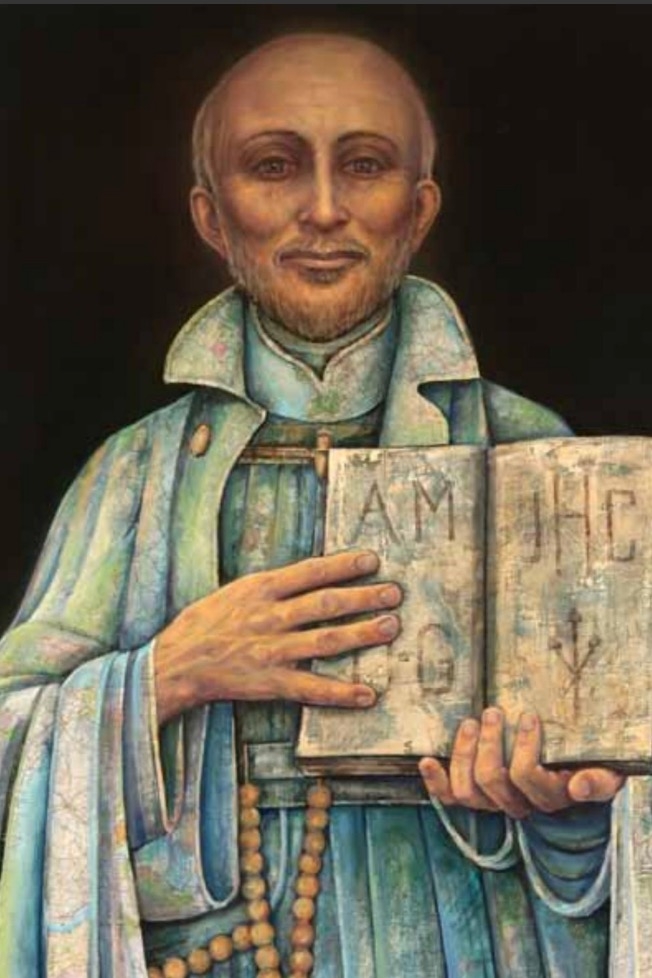
This fiftieth year you shall make sacred
by proclaiming liberty in the land for all its inhabitants.
It shall be a jubilee for you,
when every one of you shall return to his own property,
every one to his own family estate. (Lv 25:1, 8-17)
Years of Jubilee have become a part of Christian devotion. Regular Holy Years are celebrated every 25 years. The last being the Great Jubilee of the Year 2000. But from time to time the church has proclaimed special Holy Years. We are currently in the Ignation Year that will run from May 20, 2021-July 31, 2022, celebrating the 500th anniversary of the conversion of Saint Ignatius and the 400th anniversary of his canonization. As Saint Ignatius would counsel us: Ad majórem Dei glóriam (For the Greater Glory of God)!
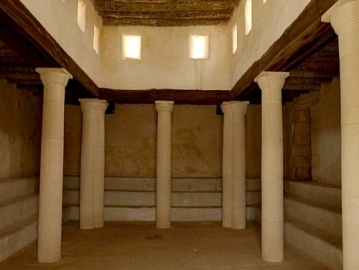
Jesus came to his native place and taught the people in their synagogue.
They were astonished and said,
“Where did this man get such wisdom and mighty deeds?
Is he not the carpenter’s son?
Is not his mother named Mary
and his brothers James, Joseph, Simon, and Judas?
Are not his sisters all with us?
Where did this man get all this?”
And they took offense at him.
And he did not work many mighty deeds there
because of their lack of faith. (Mt 13:54-58)
The ultimate putdown . . . we know his family . . . who does he think he is? Of course, Jesus has no lack of faith. Today’s picture is of the synagogue in Nazareth.
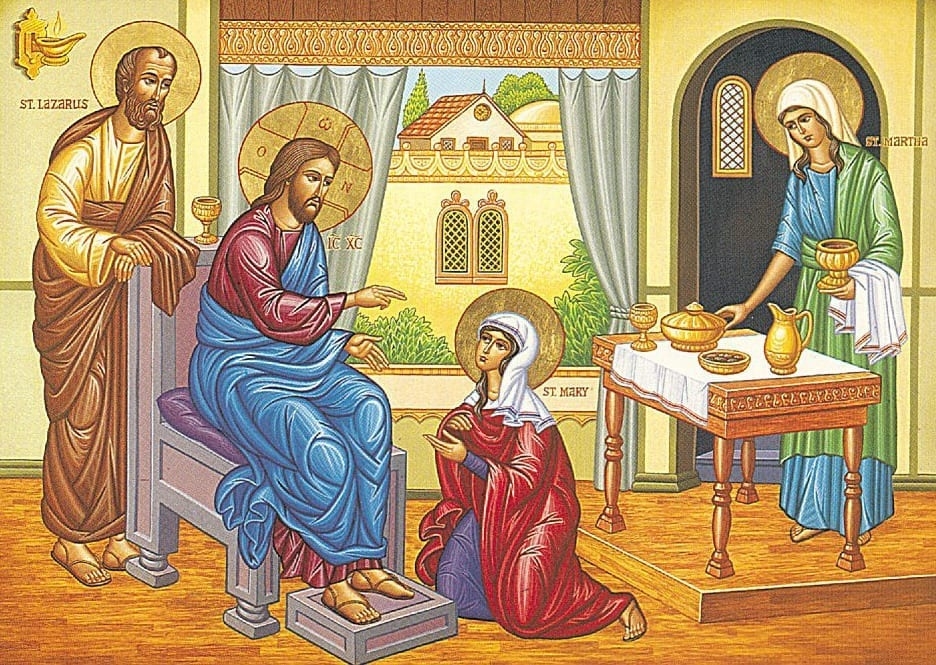
Many of the Jews had come to Martha and Mary
to comfort them about their brother [Lazarus, who had died].
Jesus told Martha,
“I am the resurrection and the life;
whoever believes in me, even if he dies, will live,
and anyone who lives and believes in me will never die. (Jn 11:19-27)
The home at Bethany was special to Jesus because of his friends, Martha, Mary and Lazarus. Perhaps it is NOT John but Lazarus who is the Beloved Disciple, for Martha and Mary send word to Jesus, “Lord, the one you love is ill” (Jn 11:3).
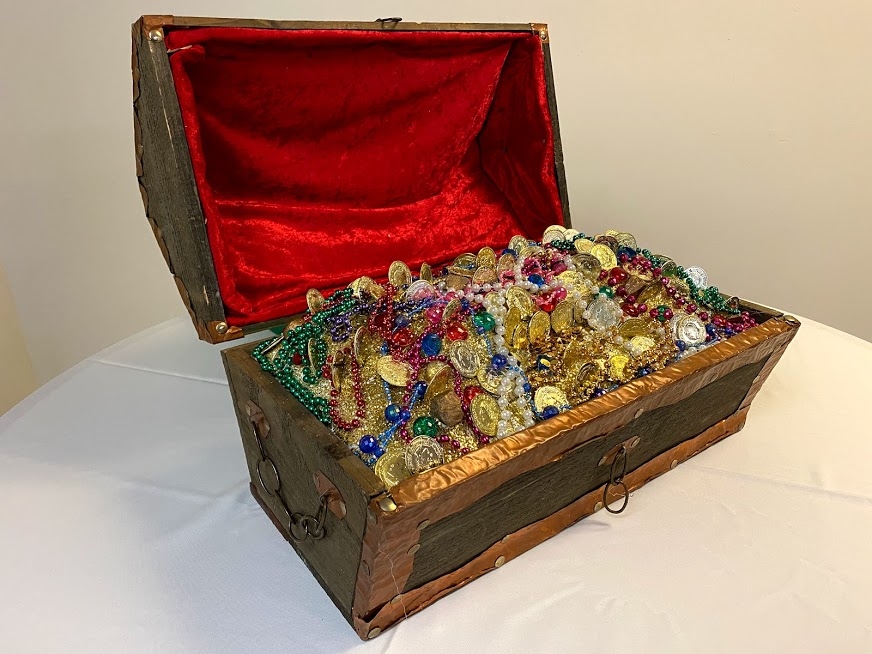
Alleluia
R. Alleluia, alleluia.
I call you my friends, says the Lord, for I have made known to you all that the Father has told me. (Jn 15:15)
R. Alleluia, alleluia.
There’s an old saying that goes, “Friends are the family we choose for ourselves.” What does it mean to be a “friend” of Jesus? How does this special knowledge of what the Father has revealed change us? Could this be the "treasure buried in the field" or the “pearl of great price” that one would give everything to have?
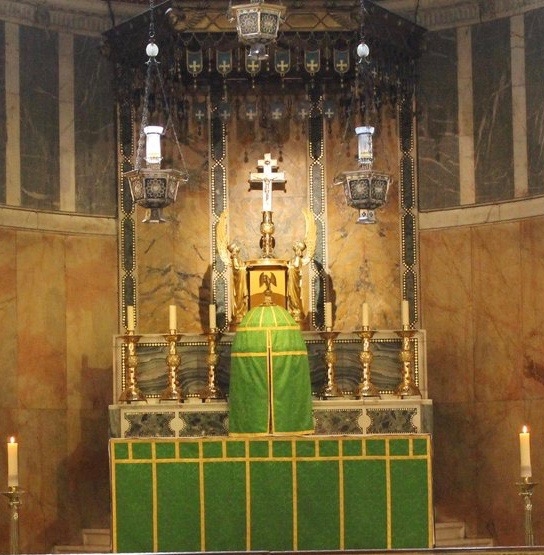
The tent, which was called the meeting tent,
Moses used to pitch at some distance away, outside the camp.
Anyone who wished to consult the LORD
would go to this meeting tent outside the camp. (Exodus 33:7-11; 34:5b-9, 28)
The image of the meeting tent is still with the church today. If you have ever closely examined the tabernacle in the church, you would find that it is covered on the inside with cloth . . . and generally there is a “tabernacle veil” covering the outside when the Blessed Sacrament is present as a sign of the Presence (there is also a lamp).



